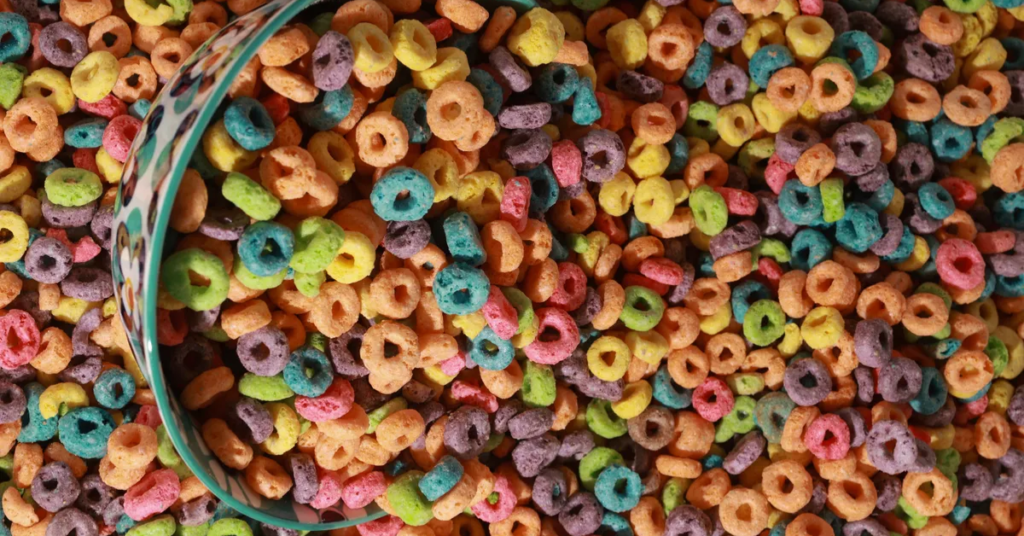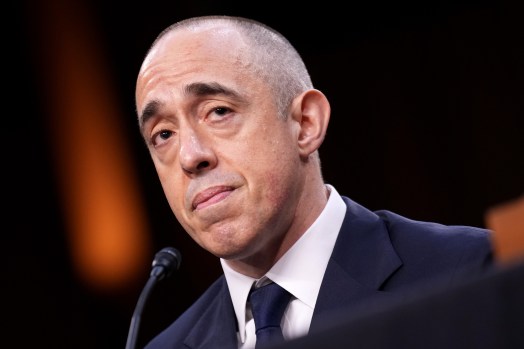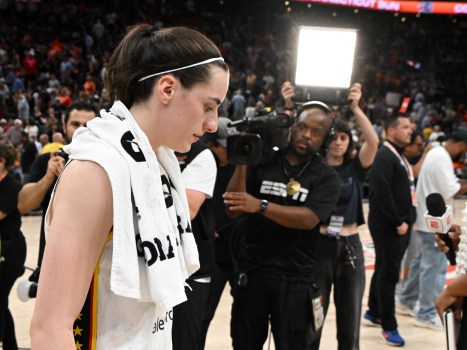West Virginia Governor Patrick Morrisey signed a new bill into law on Monday, banning several artificial food dyes from being used in food products sold in grocery stores and in school lunches. The bill targets a range of synthetic dyes, including red, blue, green, and yellow, which have been linked to health concerns, particularly in children.
The Republican lawmakers behind this move argue that these artificial dyes are unnecessary and pose potential risks to children’s behavior and development. They claim these chemicals may be connected to behavioral issues like hyperactivity, which has been a growing concern among parents and healthcare professionals.
Governor Morrisey expressed that West Virginia, often ranked at the bottom of national public health indicators, is in a unique position to lead the nation in efforts to improve health standards. He highlighted the state’s poor health metrics, emphasizing the need for stronger regulations to protect residents, particularly children, from long-term health and learning problems caused by synthetic chemicals in food.
“We’re taking a significant step toward protecting our children and improving the overall health of our state,” said Governor Morrisey. “By eliminating these harmful chemicals from our food supply, we are making it a healthier place for our people to live.”

While West Virginia is the first state to pass a sweeping ban on synthetic food dyes, other states are considering similar measures. The bill, known as House Bill 2354, bans the use of seven specific artificial dyes in school meals starting August 1, including Red No. 3, Red No. 40, Yellow No. 5, Yellow No. 6, Blue No. 1, Blue No. 2, and Green No. 3. The law also prohibits the use of certain preservatives, namely butylated hydroxyanisole and propylparaben, in foods and drugs sold in the state starting on January 1, 2028.
The legislation provides a long timeline for companies to adjust to the new regulations, with the deadline set for 2028. This gives businesses ample time to find alternative ingredients and avoid abrupt changes that could impact consumers. The governor’s office stated that this extended timeline was designed to help prevent price hikes and disruptions in the supply chain.
However, the bill has faced resistance from the state’s food and beverage industry, which argues that the ban will lead to increased grocery prices and shortages. They claim that alternatives to synthetic dyes are not readily available on a large scale and that transitioning away from these ingredients could affect product availability.
Despite these concerns, Del. Evan Worrell, a Republican lawmaker from Cabell, dismissed the food industry’s opposition as “scare tactics.” He argued that the health benefits of removing harmful chemicals from food far outweigh any potential drawbacks.
“The food industry is using fear to fight this bill, but the truth is that we are protecting consumers from harmful substances in their food,” Worrell said. “We are making a stand against chemicals that profit manufacturers while putting our children’s health at risk.”
The signing of this bill marks a significant shift in food regulation in West Virginia. Governor Morrisey’s decision is part of the broader “Make America Healthy Again” movement, which aims to prioritize public health and tackle the growing concerns about chemicals in food. As the first state to pass such a ban, West Virginia’s move could inspire other states to take similar actions in the future.
The ban on artificial dyes is expected to have a lasting impact on food manufacturers, consumers, and health advocacy groups across the country. While the food industry has voiced concerns over potential disruptions, advocates believe this new law is a step forward in protecting public health and improving the overall quality of food available to children and adults in West Virginia.
Disclaimer: This article has been meticulously fact-checked by our team to ensure accuracy and uphold transparency. We strive to deliver trustworthy and dependable content to our readers.








